Kent Reporter
By Steve Hunter
Whether or not players for the Kent-based Seattle Thunderbirds and other Western Hockey League (WHL) junior teams should be paid minimum wages has turned into a hot topic before the state Legislature.
An ongoing investigation by the state Department of Labor & Industries (L&I) into whether child labor laws have been broken by the teams triggered WHL owners of teams in Seattle, Spokane, Everett and the Tri-Cities to lobby the Legislature to pass a bill that would exempt the teams from minimum wage law because the players should be considered amateur athletes and not employees.
"This issue is so significant that if not passed, it could negatively impact our ability to operate and force us to move out of state," said Gary Davidson, Everett Silvertips general manager, according to a videotape of a Senate Commerce & Labor Committee meeting on Feb. 18 in Olympia.
Russ Farwell, general manager of the Thunderbirds, also testified in front of the Senate committee.
"We strongly support this bill because we are now being examined as if our players should be considered employees rather than amateur hockey players," said Farwell, who added the team has operated since 1977 in the state as a top-level amateur development league for the NHL. "We would like to clarify this. The legislation clarifies our position at the top level of amateur hockey and allows us to keep operating."
Farwell said it's important for the city of Kent that the T-Birds keep operating because they are the anchor tenant of the city-owned ShoWare Center and the team signed a 30-year contract with Kent when it started playing at the arena in 2009 after moving to town from Seattle.
City officials are closing watching the L&I case and the legislation.
"We don't know what the impact will be but it has the potential to seriously disrupt Western Hockey League operations and makeup," said Ben Wolters, city economic and community development director, in a phone interview. "It clearly has raised questions, enough that legislators are willing to sponsor legislation to block the inquiry and make clear the general punch clock wages doesn't apply to amateur hockey."
Players, who are ages 16-20, are paid a stipend of about $50 per week. All equipment and travel costs are covered and players receive a year of paid post-secondary education for each season they play. They stay with host families at no cost to the players.
But L&I started an investigation in the winter of 2013 after someone filed a complaint about possible violation of child labor laws because the players put in so many hours of practice and games with basically no pay.
"It is a child labor investigation," said Matthew Erlich, L&I spokesman, in an email. "Issues in child labor cases often involve supervision, duties, and hours of work."
Erlich would not disclose the name of the complainant because of the ongoing investigation. He said there is no time frame for completion of the investigation. L&I consulted with the state Attorney General's Office in December and decided to move forward with the investigation.
"We are contacting the league and teams for additional information," Erlich said. "A central issue remains the relationship between the teams and participants."
Any possible penalties against the WHL teams will depend upon the outcome of the investigation, Erlich said.
So far, the Legislature has supported the WHL. Senate and House committees each passed bills (Senate bill 5893, House bill 1930) last week to exempt the teams from paying minimum wages. The full Senate and House will now consider the bills.
Sen. Joe Fain, R-Auburn, whose district includes Kent, sponsored the bill. Sen. Karen Keiser, D-Kent, serves on the Senate Commerce and Labor Committee.
"I wanted to bring this bill forward to start the conversation on the status of these amateur athletes," said Fain during his testimony. "Certainly, Sen. Keiser is very well aware of the importance of the Thunderbirds to South King County and the city of Kent. She and I share that it is a great program that does a lot of good things for amateur athletes involved in it."
Keiser agreed that the players shouldn't be considered employees.
"The bill redefines what a student athlete is," Keiser said. "These are not pro athletes. They are not getting direct reimbursement but they do have a future promise of success in pro sports or a full-ride for a higher education scholarship.
"The issue is these kids are high school students staying with families in the community and they play their hearts out. It's wonderful to see the games, they are just wild. They are learning and earning the future for their lives."
Nobody testified against the Senate bill.
But attorney Theodore Charney, of Toronto, Ontario, sent the committee a letter to oppose the bill. Charney also filed class action lawsuits in October in Canada on behalf of players against three hockey leagues, including the WHL, alleging that players are employees and should be paid minimum wages. The class action seeks to recover back wages, vacation pay, holiday pay and overtime pay.
Charney, in his letter to the Senate, said he opposes the bill because players should be paid.
"The bill attempts to limit the teams' obligations to pay their players minimum wages," Charney said. "These players put in long, hard hours so that the teams' owners may gain revenues without receiving even the state's statutorily mandated minimum wages.
"The attempt to exclude the teams from minimum wage obligations and to exclude minors from the protection of the IWA (Industrial Welfare Act) should not be considered by this Legislature."

